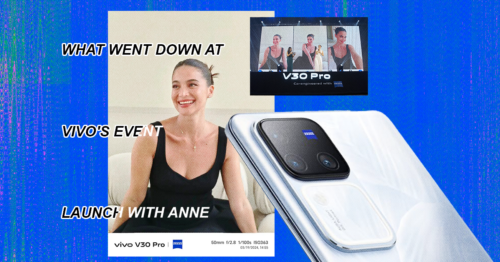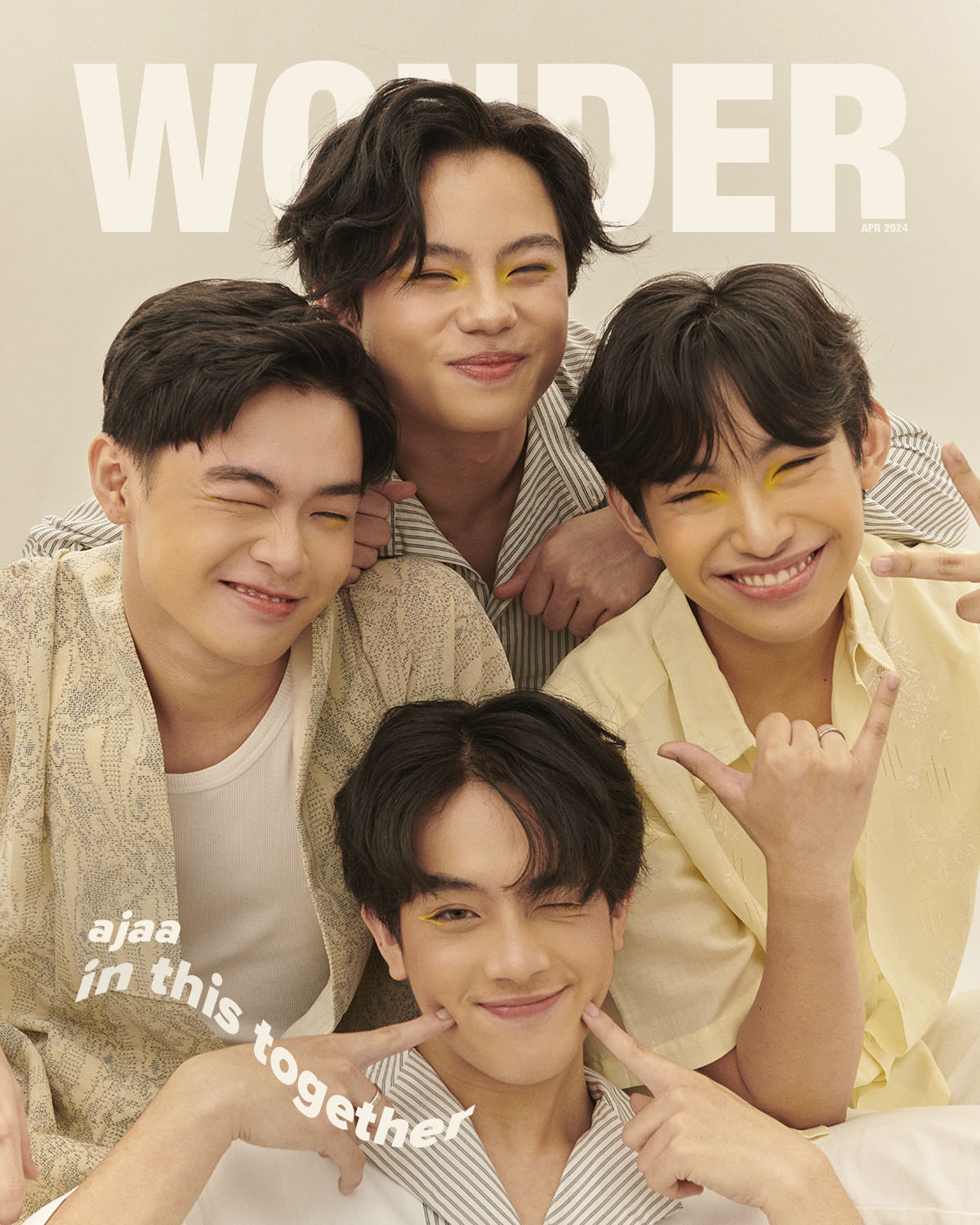Because #science has the psychology of love worked out
The questions that lead to love. The questions used to fall in love. The questions designed to help you fall in love with anyone. These are pretty bold claims, but they’re always the same 36 Q’s only phrased differently. Following one now-famous intimacy study by psychologist Arthur Aron, plenty of others have tried to replicate the results in his laboratory, where he and his team in 1997 were able to make two complete strangers fall in love.
This began as a mere exploration of closeness: whether intimacy can be accelerated between two strangers by having them ask each other 36 carefully selected questions. For Aron, the key factor here was the “sustained, escalating, reciprocal and personalistic self-disclosure.” In the offshoot of this successful study according to Reader’s Digest, some relationships have even led to the altar.
RELATED: Our Favorite “How We Met” Stories from Real People
As much as we wanted to embrace this scientifically sound and evidence-based template for falling in love, we had our hang-ups (hang-ups that only our own run of the social experiment could fix). Our subjects? Then-strangers Tarish Zamora and Paulo Alampay, who are two absolute sports for being willing to reveal such personal details in an on-camera interview.
If love is blind, we weren’t going into a love experiment blind either. To gain a better understanding of our firsthand take on Aron’s “Experimental Generation of Interpersonal Closeness,” we also called on Dr. Fatima Campaña, a Psychiatrist at the Medical City to explain, enlighten and help us bring this experiment into 2019. “Love is too general a term, but to zero in on the main topic, let’s talk romantic love,” she begins. “It can be broken down into: lust, attraction and attachment. And people confuse these three things with one another all the time.”
“the heart has no role in all this love business”
Hormones and neurotransmitters that send all sorts of signals to the brain are responsible for this confusion, which means, really, the heart has no role in all this love business. “These chemicals in the brain can drive lust, that feeling of being sexually attracted to a person,” continues Dr. Campaña. “Then there’s attraction. This affects the brain’s reward system and is activated by neurotransmitters like dopamine or the feeling of euphoria and norepinephrine, a sensation similar to an adrenaline rush. Lastly, there’s attachment, which hormones oxytocin AKA the cuddle hormone and vasopressin are responsible for.” It is possible, according to the specialist, that some of these things come into play during the experiment, but the likelihood that they all do is extremely slim.
That being said, what was to become, then, of this investigation? We’ll admit, as skeptics, even we were hopeful about the outcome: curious about potentially witnessing two people fall in love in front of our very eyes. Did it or didn’t it happen? Watch Tarish, Paulo and the 36 questions in action below to find out.
RELATED: We’ve Romanticized Love According to This Comedian
As our subjects unpacked the experience together, we did, too, back with Dr. Campaña. The expert on the human psyche knew early on that the two wouldn’t fall in love. “Of course, the questions were designed to be effective in getting the two people to find something in common. This is the first step anyway toward intimacy,” she says. “Finding a commonality cuts through any awkwardness or alienation and it has the ability to make the setup instantly more comfortable to be in.”
Walking us through the questions that stuck out to her most, Dr. Campaña also points out the recurring queries that touched on priorities, family and milestones. The answer to question #23 (how close and warm is your family? Do you feel your childhood was happier than most other people’s?) is important to note since it provides insight into the person’s background. “In looking for a life partner, the way they were raised matters,” she adds. “It reflects how this person could one day approach parenting.”
The darker questions, negative language and unpleasant scenarios had just as critical a role. “The negative questions here were a gateway for vulnerability in a sense that right then and there, Tarish and Paulo were made to trust one another with their innermost thoughts and feelings,” she elaborates. “The ability to be vulnerable is a key factor in intimacy because to be vulnerable is to share the totality of who you are: not just your best foot forward, not just your filtered selfie or anything of the sort.”
In essence, the 45-minute timeframe and the 36 questions are designed to condense the kind of openness, candor and vulnerability accomplished typically over several months. The 36 questions can show you right away how another person, for example, would fix a hypothetical problem. “Here, you get to see whether you’re compatible in terms of troubleshooting issues. Are you more of a take-charge type of person? Are you the type who assesses the situation first and then softly approaches?” explains Dr. Campaña. “It isn’t about coming up with the most similar answers as possible, but deducing for yourselves if your personalities allow for compromise and flexibility.”
At the end of the day, here’s the clincher: falling in love, as promising as this study is, goes beyond 36 questions and even the aforementioned biological aspect of it. “There’s also the cultural, social and psychological aspect of a person’s views on love to take into consideration,” says Dr. Campaña, referencing the amount of men and women today who are putting off marriage to focus on themselves and their careers. “You might have all these basic feelings––lust, attraction, attachment––but it all boils down to: what are you going to do about any of these? Given where you fit in today’s cultural and social narrative, do you pursue or do you pass?”
RELATED: We Asked Partners What They Want To Change About Each Other
Have a look-see at the full 36 questions yourself and put them to the test if you’d like. Three sets. 12 questions each. Grab a friend…or, if you’re brave, your crush or a stranger.
First Set
1. If you could invite anyone in the world to dinner, who would it be?
2. Would you like to be famous? In what way?
3. Before making a telephone call, do you ever rehearse what you are going to say? Why?
4. What would constitute a “perfect” day for you?
5. When did you last sing to yourself? To someone else?
6. If you were able to live to the age of 90 and retain either the mind or body of a 30-year-old for the last 60 years of your life, which would you want?
7. Do you have a secret hunch about how you will die?
9. For what in your life do you feel most grateful?
10. If you could change anything about the way you were raised, what would it be?
11. Take four minutes and tell your partner your life story in as much detail as possible.
12. If you could wake up tomorrow having gained any one quality or ability, what would it be?
Second Set
13. If a crystal ball could tell you the truth about yourself, your life, the future or anything else, what would you want to know?
14. Is there something that you’ve dreamed of doing for a long time? Why haven’t you done it?
16. What do you value most in a friendship?
17. What is your most treasured memory?
18. What is your most terrible memory?
19. If you knew that in one year you would die suddenly, would you change anything about the way you are now living? Why?
20. What does friendship mean to you?
21. What roles do love and affection play in your life?
22. Alternate sharing something you consider a positive characteristic of your partner. Share a total of five items.
23. How close and warm is your family? Do you feel your childhood was happier than most other people’s?
24. How do you feel about your relationship with your mother?
Final Set
25. Make three true “we” statements each. For instance, “We are both in this room feeling…”
26. Complete this sentence: “I wish I had someone with whom I could share…”
27. If you were going to become a close friend with your partner, please share [something that] would be important for him or her to know.
28. Tell your partner what you like about them; be very honest this time, saying things that you might not say to someone you’ve just met.
29. Share with your partner an embarrassing moment in your life.
30. When did you last cry in front of another person? By yourself?
31. Tell your partner something that you like about them already.
33. If you were to die this evening with no opportunity to communicate with anyone, what would you most regret not having told someone? Why haven’t you told them yet?
34. Your house, containing everything you own, catches fire. After saving your loved ones and pets, you have time to safely make a final dash to save any one item. What would it be? Why?
35. Of all the people in your family, whose death would you find most disturbing? Why?
36. Share a personal problem and ask your partner’s advice on how he or she might handle it. Also, ask your partner to reflect back to you how you seem to be feeling about the problem you have chosen.
RELATED: Before You Get Married, Ask Yourself This One Question
Produced by Nicole Blanco Ramos
Art and Art Direction Alexandra Lara
Starring Tarish Zamora and Paulo Alampay
Video by Carmen del Prado
Assisted by Carla Barretto
Hair, Makeup and Grooming by Zidjian Floro (using Laura Mercier)
Special thanks to H&M Philippines





















